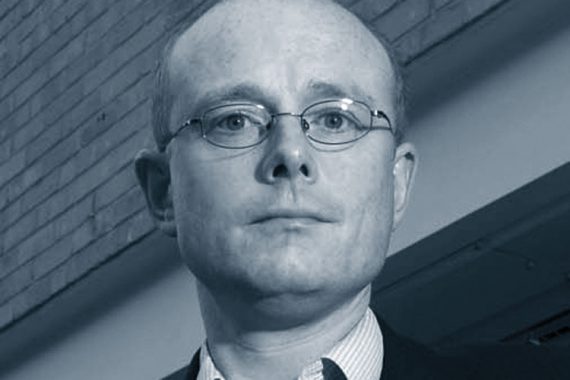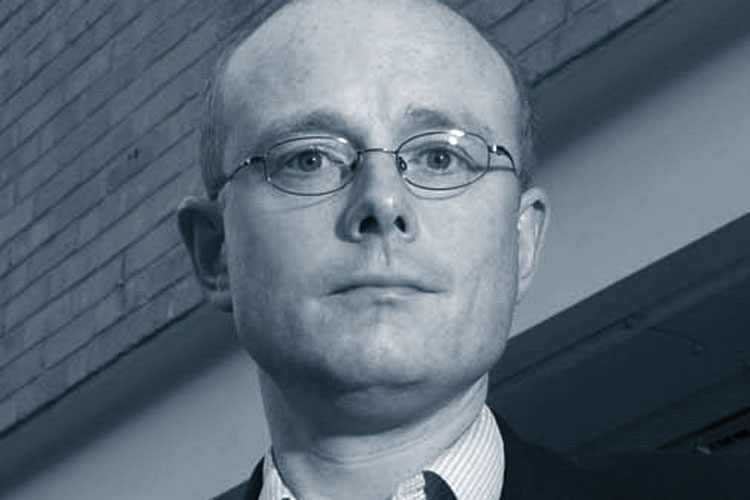I welcome a less sweet start to the year


The government has said something sensible about public health. Yes, I’ll repeat that again in case you thought you’d misread: the government has said something sensible about public health.
I realise agreeing with the government on anything will make me about as popular as pepper sauce in piles cream, but for once, this is not idiotic advice.
It comes in the form of a new Public Health England campaign urging parents to allow children just ‘100 calorie snacks, two a day max‘.
Taking in 200 calories’ worth of snack food in a day may sound like enough for most children, but I’ve seen toddlers wolf down more than that on the journey between the waiting area and my consulting room. I once witnessed a pre-school child consume a whole family size bag of Maltesers in the time it took me to diagnose his mother’s self-limiting viral illness.
My new year’s hope is that we start giving brief advice to parents about cutting back on the number of between-meals sugary snacks they allow their children to consume
However, sugar has not always been cheap, readily available and consumed like water. If you watched ‘The Miniaturist’ over the Christmas holidays on television, you would have seen a depiction of the reverence with which sugar was treated a few hundred years ago. During this period drama set in 17th century Amsterdam, we see how sugar was stored as loaves and small amounts shaved off to sample after a meal. Sugar was seen as a potentially subversive substance, its import and sale tightly controlled by the state and its consumption frowned on by the more puritanical.
The fact is, children are getting fatter and unnecessary sugar consumption in the form of snacks between meals is an important cause.
Smokers have been ostracised, class A drug addicts stigmatised and yet obesity and overconsumption of sugar-rich food is still widely seen as acceptable.
So, my new year’s hope is that we put aside our own prejudices and preconceptions on sugar consumption and start giving brief advice to parents about cutting back on the number of between-meals sugary snacks they allow their children to consume.
As GPs we have always been battling to change our patients’ behaviour on the front line; encouraging weight loss, smoking cessation, being more active, drinking less alcohol.
I won’t pretend we are always successful and that offering advice doesn’t often feel like banging your head against a wall, but the consequence of doing nothing is the unopposed development of the next generation of diabetics and that is something we really could do without.
Dr David Turner is a GP in west London
Pulse October survey
Take our July 2025 survey to potentially win £1.000 worth of tokens











